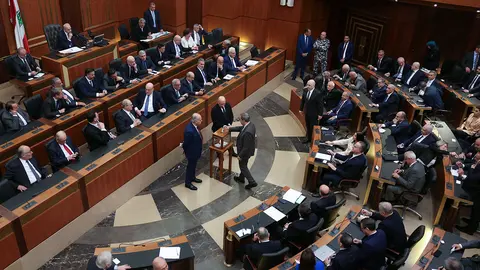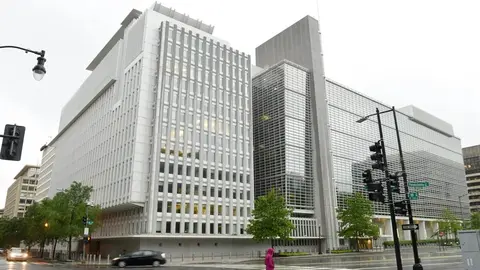Lebanon has a strategic opportunity with the easing of US sanctions on Syria
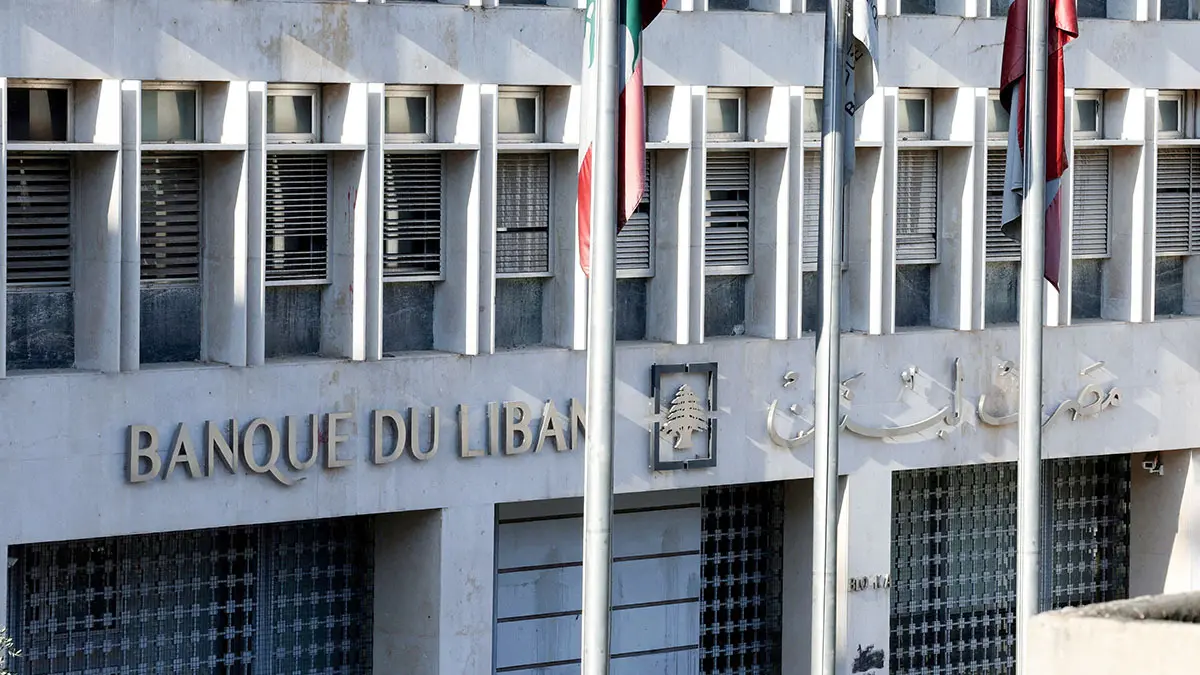
The lifting of US sanctions on Syria may create new opportunities for trade between countries in the Middle East region.
Specifically, this development is a strategic opportunity for Lebanon to begin strengthening its economy and key sectors, such as energy, trade and transport.
These sanctions had been in place since 1979 and were extended with the Syrian civil war in 2011. Although their suspension is a measure that brings a wide range of benefits and positive aspects for Lebanon at the economic level, very effective collaboration between Arab countries and with the rest of the world would be needed to pursue an effective collaborative approach.
The sanctions had already been the focus of criticism from the Lebanese Republic due to their impact on regional projects, such as gas transport between Egypt and Jordan. Another project that could not be implemented as a result of US actions was the agreement between Lebanon, Syria and Jordan in 2022, which, on the one hand, guaranteed the supply of electricity from Jordan to Lebanon and, on the other, did so in relation to the transit of energy from Syria to Lebanon. It is precisely these new projects related to energy transfer that are gradually gaining popularity.
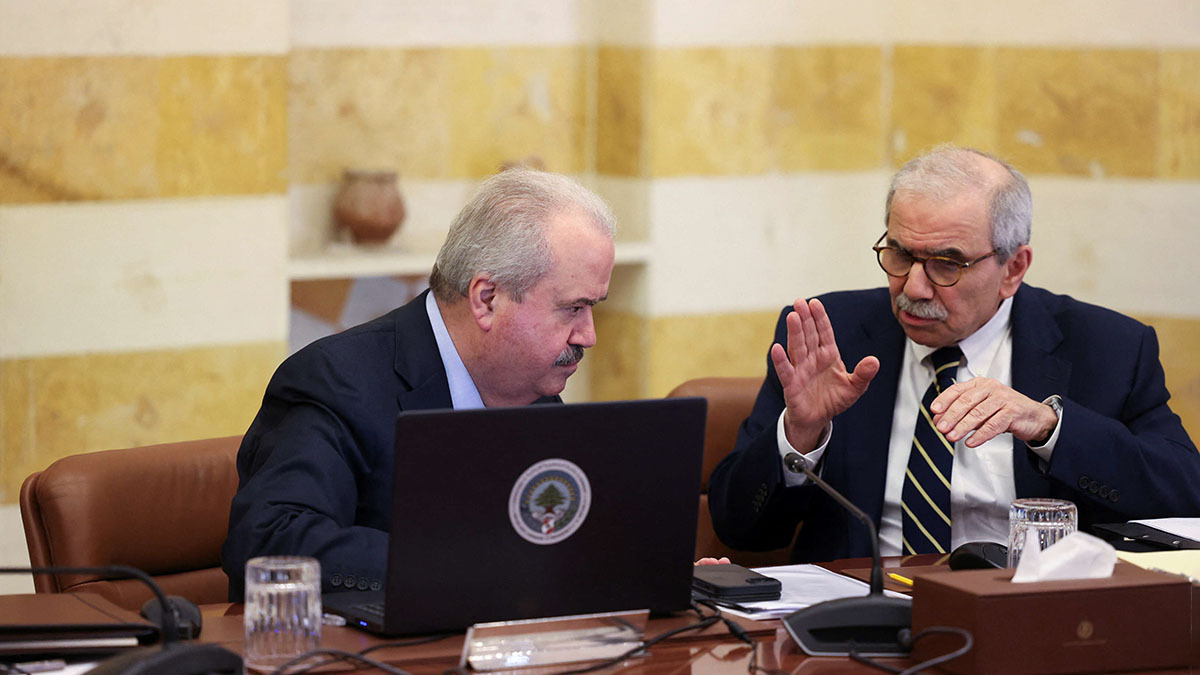
Thus, we can see that Lebanon acts as a visible recipient of electricity and energy networks from other Arab nations in order to meet its own demand for supplies, which is insufficient and subject to rationing that can last up to 22 hours a day, according to data from 2022.
Resuming these projects would cost between 200 and 300 million dollars per year and could be financed by the World Bank in the first year. As a result, the state would eventually be able to reach the 800 megawatts it needs. However, economic analyst Mahanssen Marshall stated that there are difficulties in reviving the loan and that this means that it will not be a linear process.
Revitalising projects on this scale would take advantage of existing connection lines, such as the one that has existed since 2001 between Jordan and Syria. This line also had to be shut down due to a lack of technical training as a result of the conflict in Syria.
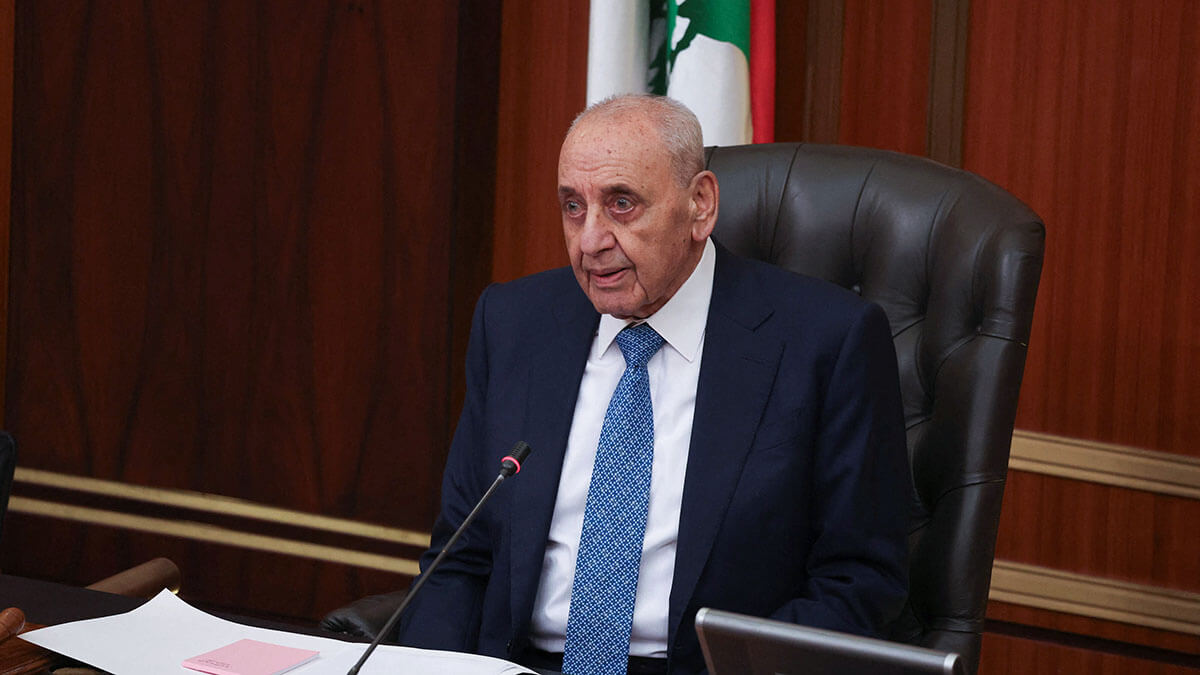
Lebanese Minister of Energy and Water Joseph Saddi affirmed his position on the benefits that lifting sanctions will bring to energy and oil relations and how this would facilitate the operation of the gas pipeline linking Jordan and Syria, which allows gas to flow. He also confirmed plans to build a modernised gas-fired power plant.
Negotiations are also underway with Lebanese Finance Minister Yassine Jaber to take advantage of the Iraqi oil pipeline. This is related to meetings in Syria chaired by a Lebanese ministerial delegation to discuss the possibility of activating the oil pipeline from Lebanon to Syria, which would allow oil from Iraq to be imported and refined, thereby increasing revenue from this sector and for the state treasury.
The end of sanctions also means that land routes connecting Syria with the rest of the countries in the region will reopen, along with import and export processes between countries.
It should be noted that Middle East and North Africa oil and gas expert Laurie Haytayan says that the suspension of the project to connect Egypt and Jordan was caused by the sanctions and that the current context is allowing it to be reconsidered. This also highlights the influence that Lebanon and Syria can have on each other in the reconstruction of both countries and the importance of energy and trade interconnection networks.
Currently, regional projects go beyond issues concerning electricity and water and include plans related to hydrogen production as one of the most important clean energy sources, which could be the next step in boosting the economic role of Middle Eastern nations.

